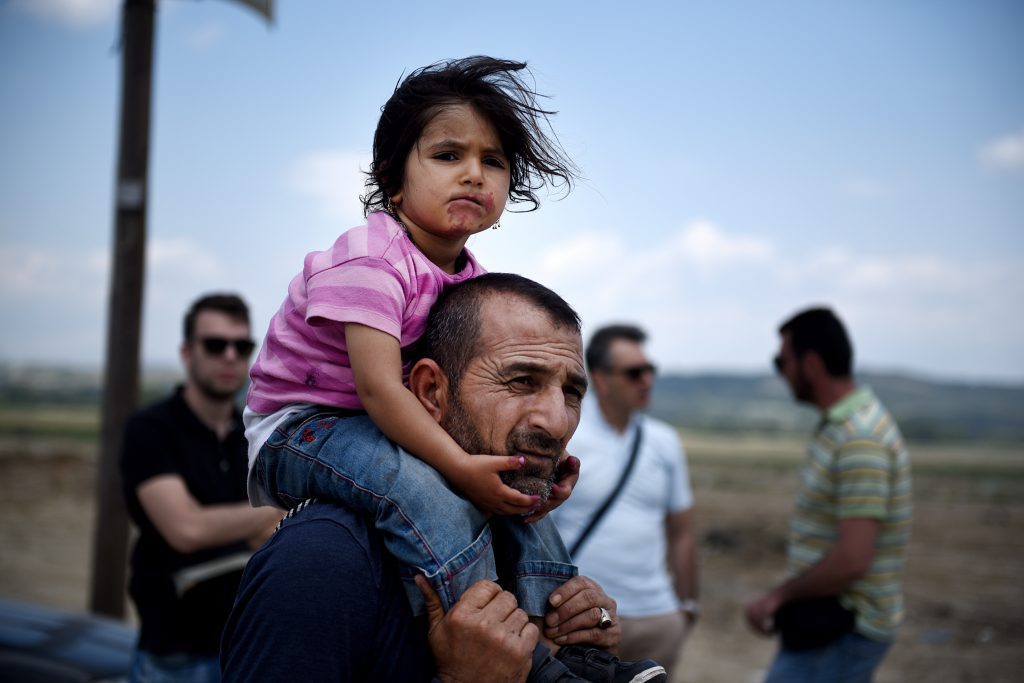Lifelong learning has a major contribution to make to helping countries such as Greece rise to the development challenges they face. But, far too often, it is overlooked, writes Christiana Nikolitsa-Winter

© Giannis Papanikos/Shutterstock
In Greece, my native country, high unemployment and the ongoing financial crisis are combining with mass population movements of migrants and refugees to create huge development challenges for the country. Greece is also undergoing major demographic changes, with its ageing population reducing the number of young people entering the labour market and obliging those already in the workforce to work for longer and move between jobs more often.
These facts point to an urgent need for a much stronger investment in lifelong learning, and particularly in adult education. By supporting adult education and adopting lifelong learning as the key educational paradigm for inclusive and sustainable learning societies, nation states can build populations that are resilient, adaptable, creative and highly skilled. Yet, in far too many cases, lifelong learning and adult education continue to be neglected.
A recent report from the Organisation for Economic Cooperation and Development (OECD), Getting skills right: Future-ready adult learning systems, shows that Greece’s adult learning system performs poorly across several dimensions of the Priorities of Adult Learning (PAL) dashboard. The PAL dashboard indicates that my country has the weakest overall performance in terms of coverage of job-related adult learning. In addition, according to Eurostat, only a few adults re-skill through adult education courses in Greece. In 2017, less than 5 per cent of 25 to 64 years olds participated in such courses. Where these courses are offered, often they are often under-resourced and ill-equipped to address the challenges faced by these students. Continue reading
